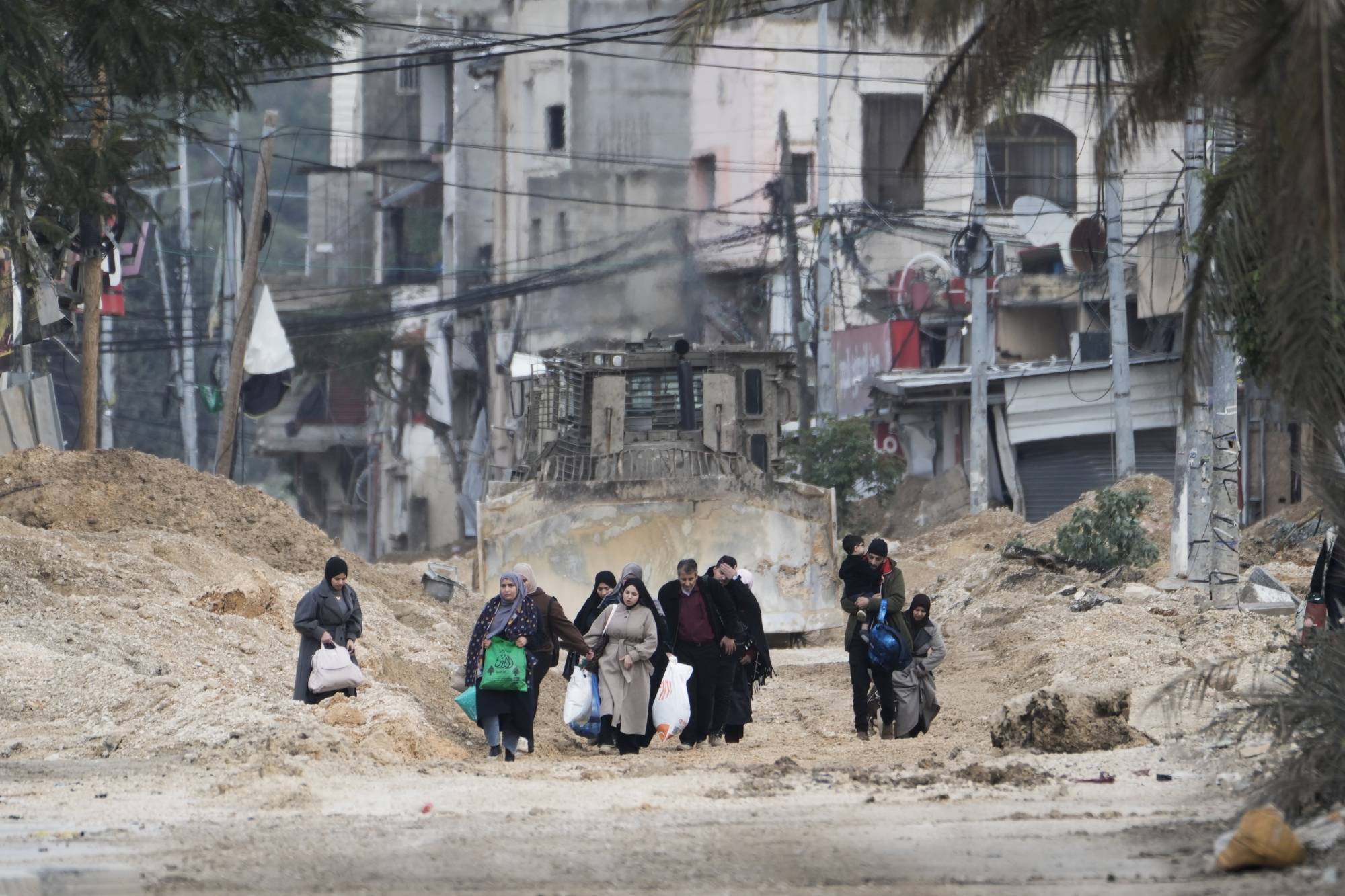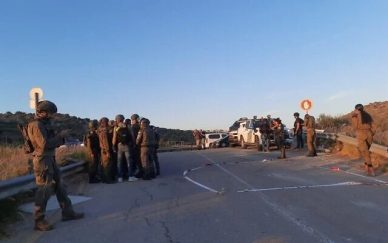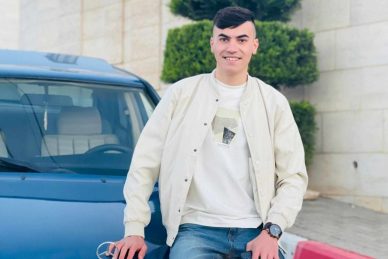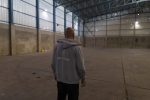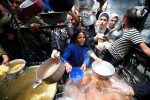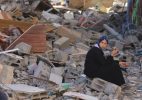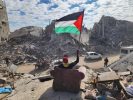WEST BANK, (PIC)
Since the beginning of the Israeli aggression on northern West Bank on January 21, more than 40,000 people have been forcibly displaced. The attacks, targeting the refugee camps of Jenin, Tulkarem, and Nur Shams, have caused widespread destruction of infrastructure and property.
As the assault continues, thousands of families remain homeless under dire humanitarian conditions, with shelters lacking even the most basic necessities.
While Israel attempts to impose a new reality through demolitions and forced displacement, Palestinians hold firmly to their right to return—despite the suffering they endure.
We left with nothing but our IDs
Rami Jaber, 37, was living a simple life in Jenin refugee camp with his wife and three children when he was forced to flee amid relentless bombardment.
Recalling the terrifying moments, he says: “At first, I couldn’t believe we would have to leave. We thought the bombing wouldn’t reach us, but it got closer and closer. We ran out in a hurry, taking nothing but our IDs and some clothes for the children. When I returned a few days later, my home was nothing but a pile of rubble—like it had never existed.”
Now, Rami and his family live in a school-turned-shelter. But he struggles to answer his children’s questions, especially his daughter’s daily plea: “Daddy, when are we going back home?”
With a voice heavy with sorrow, he replies, “Soon, my love. Soon, Insha’Allah.”
Ramadan without a home feels empty
Mariam Abdel Razek, 42, from Nur Shams refugee camp in Tulkarem, lost her home in the latest Israeli invasion. She and her children now live with relatives.
Describing her new reality, she says with bitterness: “Last Ramadan, we all gathered around the same table for iftar, hearing the call to prayer from the neighborhood mosque. Today, we are scattered—some in shelters, others with relatives. Even the mosque my son used to visit every day was destroyed in the bombing. It feels like they are not just demolishing our homes but trying to erase our entire way of life.”
Fleeing was more dangerous than staying
Abdel Karim Salim, 55, from Tulkarem refugee camp, recalls how escaping felt like a journey into death itself.
“When the shelling started, I decided to leave with my wife and grandchildren. But the road was more dangerous than I had imagined. Israeli soldiers were firing at anyone who moved. I saw my neighbor collapse in front of me, shot while trying to escape. I couldn’t help him—I had to save my family.”
Now staying at a relative’s home, Abdel Karim still doesn’t feel safe. “They want us to feel homeless, stateless. But no matter what they destroy, we will return.”
Shelters: A never-ending struggle
Displaced families are living in dire humanitarian conditions. Shelters lack clean water, food, and medical care. Many children have not returned to school, jeopardizing their education.
Ahmed Nasser, 29, a volunteer at one of the shelters, describes the situation as unbearable.
“Families sleep on the floor, children are getting sick due to the lack of hygiene. We are trying to help, but the needs far outweigh our resources.”
A policy of forced displacement
Reports indicate that Israel is systematically targeting refugee camps in northern West Bank—demolishing homes, displacing residents, and imposing a new reality that serves settlement expansion.
Despite this, Palestinians remain resolute.
Khalil Abu Hassan, 60, from Jenin, says firmly: “They say we won’t be able to return to the camp anytime soon. But we will never accept that. Even if they destroy the camp, we will rebuild. This is our land, and we will never abandon it.”

